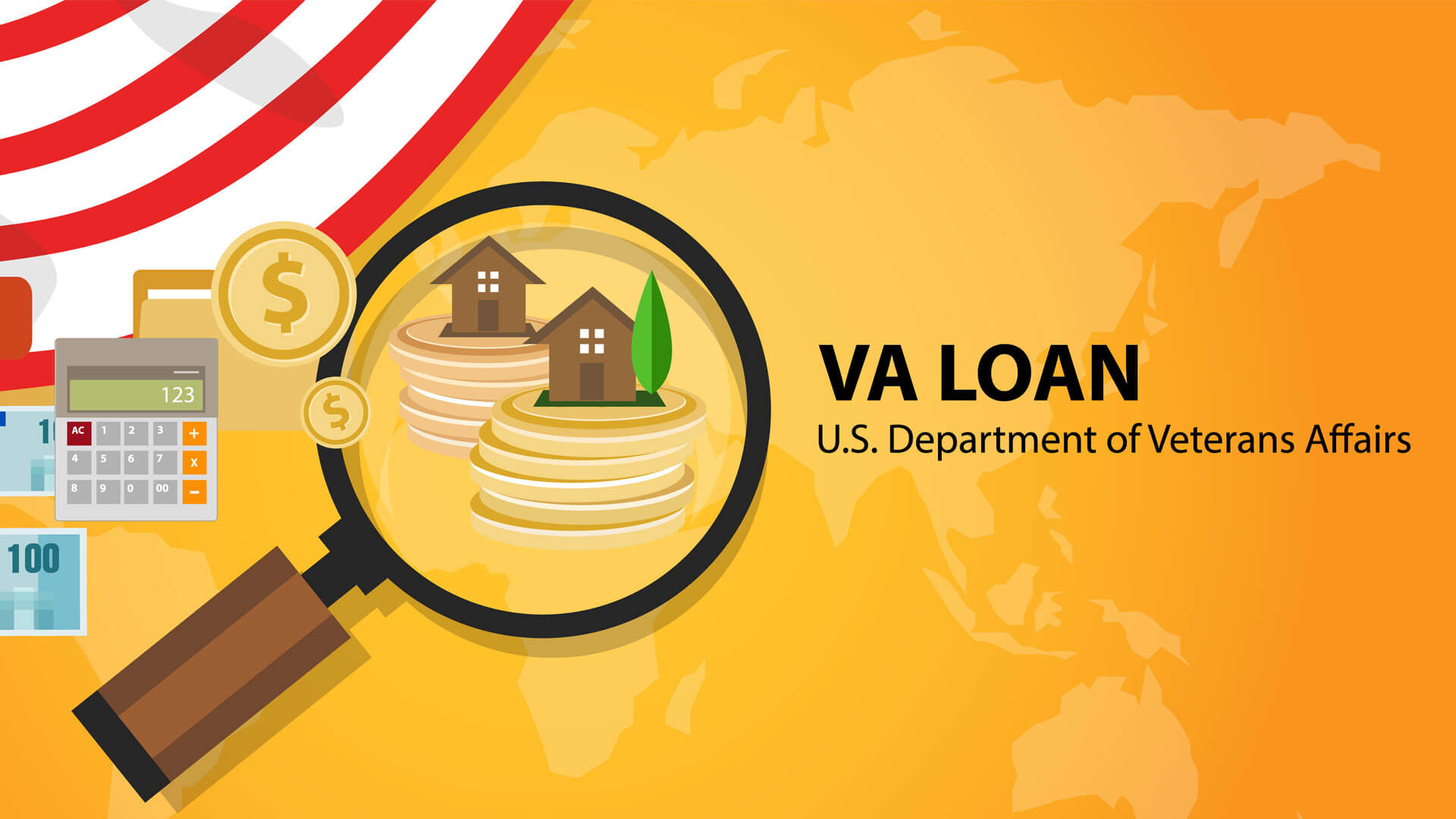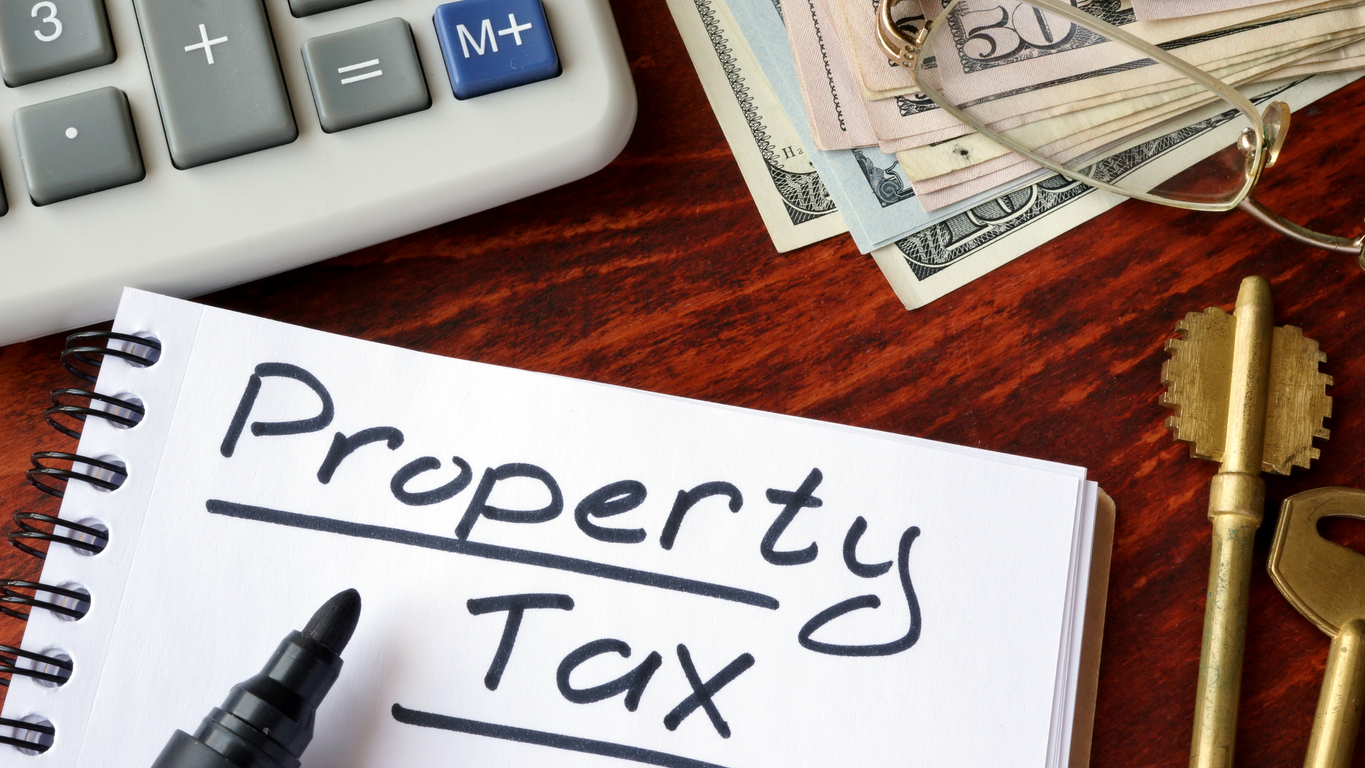The requirements for a VA mortgage loan are easy and flexible for military borrowers that are eligible to buy a home with no down-payment required. If you are in the military or a retired veteran and want to buy a home, you should strongly consider the VA loan program.
Backed by the Department of Veteran Affairs, VA loans are an enticing benefit for those in the military and some surviving spouses. Learn more about VA loans in this article and how the program could provide an affordable avenue for buying a home. For more information about the VA loan program, talk to your loan adviser today.
VA Loan Overview
The VA mortgage program offers 100% financing loans to those who qualify at a reasonable interest rate who are active-duty military or a military veteran. You may be eligible for a VA loan in these circumstances:
- You’re on active duty and have been serving for 90 continuous days.
- You’re a military veteran who meets the requirements for length of service, which are usually 181 days in peacetime and 90 days in wartime.
- You have finished 90 days of active-duty service or have been in the Selected Reserve or National Guard for six years.
- You’re a surviving spouse of a military veteran who died while they were in service, or from a service-related disability and you are not remarried.
Some military members and veterans still may qualify for a VA loan even if you don’t meet the minimum length-of-service requirements. But you might not be eligible for a VA loan if you received a bad conduct or dishonorable discharge.
Why Consider a VA Loan?
If you are a military member or veteran, the VA loan program offers you and your family many advantages. Because the VA guarantees the loan, lenders will usually give you an extremely competitive rate and terms, even with a low credit score.
VA loans also help military families to obtain mortgage credit easier and faster than other sources. Borrowing for most other mortgages is more expensive than VA loans; for instance, FHA loans require 3.5% down, and many conventional loans want 5% down. Also, loans with less than 20% down require mortgage insurance, and the VA program does not.
If you opt for a VA loan, you could easily save thousands in interest and upfront charges. You will enjoy a lower rate, reduced closing costs, and no mortgage insurance. These benefits can be useful for those in the military if you have a lower income or other debts to pay.
VA Mortgage Requirements
VA has lenient qualification requirements for military members and veterans, but they will still review your credit score, debt, and income to determine if you can be approved. There is no minimum credit score to apply but you generally need a credit score in the low-to-mid 600s.
The VA also will review your debt-to-income ratio or DTI and look for no higher than 41%. But if you have a higher DTI, you still may get approved if you have enough residual income, meaning extra money after you have paid all major living expenses.
Are VA mortgages hard to get?
The government guarantees these loans, so it’s typically easier to qualify since there’s less risk for lenders. In fact, it’s possible to get a VA loan with no down payment and you may qualify if your credit isn’t strong or you’ve had a history of foreclosures.
A few things you need to qualify for a VA mortgage:
Lenders may set borrowing limits, but the VA does not impose specific loan caps for borrowers with full entitlement. Although there’s no minimum income requirement, the VA requires evidence of “income remaining after paying your mortgage and other financial obligations.”
The property being financed must serve as your primary residence, and you must meet one of the following criteria:
- An active-duty service member, with minimum service requirements contingent upon when you served.
- A veteran of the armed forces, including Reserve and National Guard members.
- An eligible spouse.
Several qualifiers accompany the aforementioned standards. A comprehensive list of service requirements is available here. Even if you appear not to meet the minimum service criteria, it’s essential to review the details of active service and veteran qualifications.
Certain discharge circumstances can also make you eligible for a VA mortgage loan.
Certificate of Eligibility (COE):
Proof of your eligibility for a VA mortgage is provided through a Certificate of Eligibility. Approved VA lenders can access this information online within minutes. You can also obtain a COE online at VA.gov or by submitting a VA Form 26-1880 via mail.
Lender VA Loan Requirements:
While specific loan eligibility requirements vary by lender, VA loans typically require a borrower to:
Meet a minimum credit score requirement, which varies by lender as the VA does not establish this criterion. While a FICO score of 620 is commonly cited as the preferred entry-level credit score, minimum credit scores observed at major VA lenders ranged from 550 to 600 according to Yahoo Finance.
Adhere to certain debt-to-income limits, although the VA does not mandate a maximum debt-to-income ratio. Lenders typically seek a DTI of less than 50%.
VA Down Payments
Most applicants are not required to make a down payment for a VA loan. However, if the home’s purchase price is above its appraised value, the lender could require you to make up some of the shortfall. Also, if you bump up against VA loan limits for your county, you would need to make a down payment.
VA Loan Property Requirements
The home you wish to buy has to meet the VA’s minimum standards, which ensure that the home that is financed is safe, sanitary, and structurally sound.
After you have the home under contract, the mortgage lender will hire an appraiser approved by the VA to estimate the market value and ensure that it meets minimum standards. You also may need an appraisal by the VA if you want a refinance.
VA Closing Costs
Another benefit of VA loans is the lender can only charge 1% for closing costs, which make closing more affordable than with other loans. For example, FHA loans are a good option, but the lender can charge you for closing costs and tack on an origination fee of 1%. Since the VA loan is a mortgage, the closing costs will likely be higher than a HELOC or personal loan.
VA Funding Fee
An essential expense specific to VA loans is the VA funding fee, which should not be underestimated by borrowers.
The VA funding fee typically ranges from 1.40% to 2.30% of the loan amount for the initial use of a purchase loan. It can be covered upfront in cash during closing, included in the loan amount, or covered by the lender or home seller as a concession.
Certain veterans with a service-connected disability and some un-remarried surviving spouses of veterans may qualify for exemptions from paying the funding fee.
How to Apply for a VA Loan
If you want to apply for a VA loan, follow these steps or talk to your loan adviser for assistance:
- Determine if you are eligible: Only certain military members and veterans can apply, so review the requirements on the VA website.
- Get your Certificate of Eligibility: If you meet the requirements for a VA loan, you must get a Certificate of Eligibility. You can do this online through the VA portal, by mail, or through your lender.
- Locate a VA-approved lender: Look for a mortgage lender in your area that is approved by the VA. You should talk to several lenders because some may offer better deals than others.
- Fill out the VA loan application: The mortgage lender will guide you through the process and help you get the information and documents needed. Some documents you will need include income and employment verification, bank and investment statements and credit reports.
- Wait for loan approval: After you submit the VA loan application, your lender will go over it and determine if you are eligible. They also will order a VA appraisal of the home.
A VA mortgage is guaranteed by the United States Department of Veterans Affairs. This home financing program is considered a valuable asset offered to eligible military service members, veterans, and, in some cases, certain spouses. This VA loan program aims to make homeownership more attainable to those individuals who have served in the armed forces. To qualify for a VA mortgage program, individuals must meet specific VA requirements outlined by the Veterans Affairs.
First and foremost, eligibility for a VA mortgage is based on military service. Veterans who served in the Army, Navy, Air Force, Marine Corps, or Coast Guard and have completed the required service period may be eligible. National Guard members and reservists may also qualify after six years of service, or if they have been called to active duty.
The length of service required varies, with specific criteria depending on when the individual served. For example, veterans who served during peacetime generally need a minimum of 181 days of continuous active duty, while those who served during wartime may have different requirements.
One notable advantage of VA mortgages is that they often do not require a down payment. That means the eligible VA borrowers can get 100% financing and not have to pay mortgage insurance monthly like other zero-down programs. However, the VA loan amount may be subject to limitations based on the VA’s appraisal of the property. However, in most cases, military veterans are required to pay a funding fee, which helps offset the cost of the VA loan product.
The VA mortgage requirements look for financial stability and this is a key component of VA loan eligibility. The VA doesn’t have a minimum credit score requirement, but VA lenders may have their own standards. Borrowers must demonstrate they can afford to pay the loan back.
VA mortgage loans also require a valid Certificate of Eligibility (COE), which verifies the applicant’s military service and eligibility for the loan program. This document can be obtained online through the eBenefits portal or by mailing in a paper application.
Another VA loan requirement is that the financed property must meet the VA’s minimum property requirements (MPRs), ensuring it is safe, structurally sound, and sanitary. The appraisal process, conducted by a VA-assigned appraiser, helps determine if the property meets these standards.
VA Mortgage Takeaways
Anyone who is in the military or is a military veteran will want to at least look at a VA loan. VA loans offer many money-saving benefits that are worth your consideration. VA home loans offer valuable benefits, meeting the eligibility requirements is crucial. Military service, financial stability, and property standards are key factors that determine whether an individual qualifies for this home loan program.
Prospective borrowers should explore their eligibility, obtain a Certificate of Eligibility, and work with lenders familiar with VA mortgage loans to make the most of this valuable benefit. Talk to your lender today about applying for a VA mortgage and verify that you are eligible for this excellent program.




